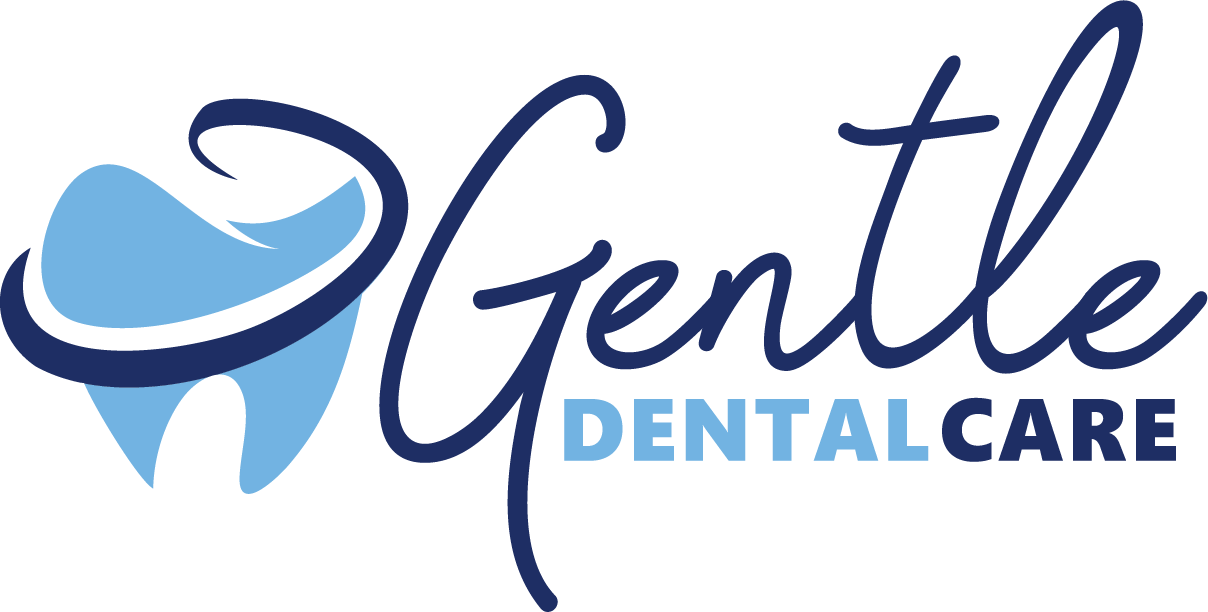PERIODONTAL DISEASE
Periodontal Disease and Periodontal Therapy
What is periodontal disease?
The infection of the supporting tissues surrounding and maintaining your teeth's stability and health.
What causes periodontal disease?
Periodontal disease is caused by the constant presence of bacteria in the small space between your teeth and gums. Inconsistent preventative treatment, poor dental home care, tobacco use, and a few hereditary factors are major risk factors associated with gum disease.
What are the negative effects of periodontal disease?
Destruction of the bone supporting your teeth, leading to tooth loss is the primary negative outcome. It has also been linked to various health problems including heart conditions, preterm birth, low birth weight, and an increased risk for stroke. Periodontal disease can also pose a serious threat to people affected by diabetes, respiratory diseases, or osteoporosis.
What do I do now?
Now that you have been diagnosed with periodontal disease you will undergo periodontal therapy known as scaling and root planing, or a "deep cleaning." This will consist of two one and a half hour appointments where your mouth will be numb in the areas of treatment. This will allow for a deeper cleaning on the root surfaces, as well as irrigation or placement of antimicrobial agents. Using these techniques, the bacteria will be removed allowing healing of the tissues, promoting reattachment to the teeth, and control of the bone loss associated with periodontal disease. After the initial deep cleaning it will be imperative to maintain the regular preventative care appointments, as well as perform all homecare instructions outlined by your hygienist.
Supportive Periodontal Therapy
After you have completed your periodontal therapy it is very important to keep your routine care appointments at our office, and maintain your homecare. You will be placed on a three or four month maintenance schedule depending on your healing and homecare diligence.
Recall appointments that follow periodontal treatment or scaling and root planing are called supportive periodontal therapy, or periodontal maintenance. These visits are recommended approximately every three months and are critical to the success of the initial non- surgical therapy. Because periodontal disease can only be controlled, and not cured, oral hygiene maintenance and professional care must be continued indefinitely for the best long-term results.
The supportive periodontal therapy appointment is different than a regular cleaning appointment. Each visit entails intricate procedures that carefully monitor and control your periodontal health and stability. Also, more extensive scaling is performed under the gums. Periodontal disease is chronic and episodic in nature, so flair up infections may occur, (even after initial treatment) especially when the immune system is compromised. At this periodontal maintenance visit, isolated root debridement and / or antimicrobial irrigation may be necessary to get the infection under control. Anesthetic may be provided if necessary for comfort at these visits.
Research indicates that along with proper home care, periodontal maintenance procedures every three months after initial therapy are necessary to control the progression of bone destruction and tooth loss.



